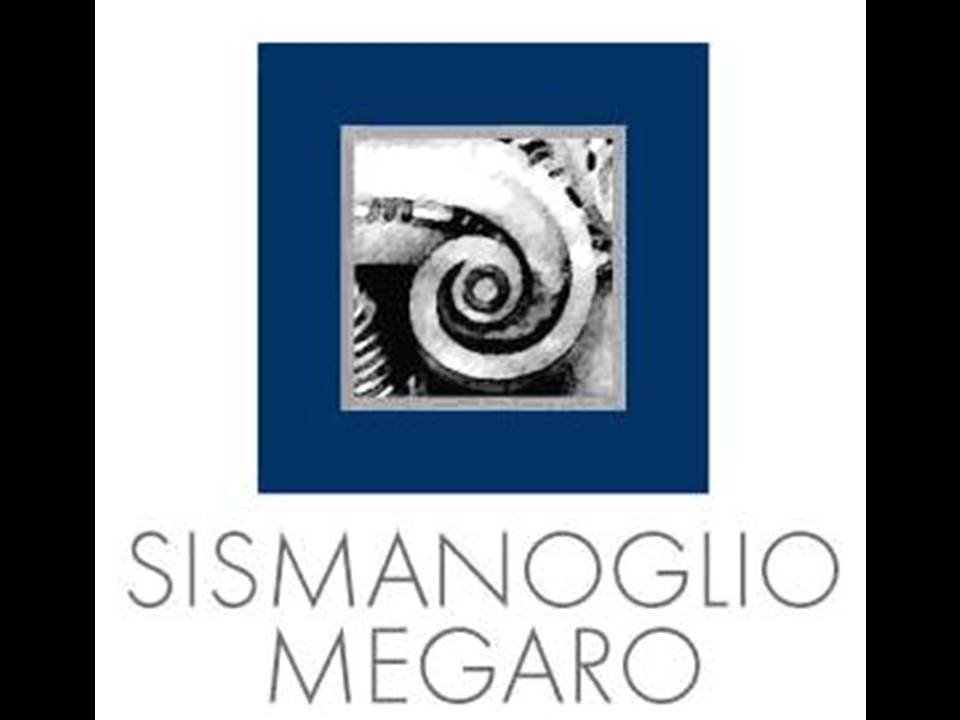
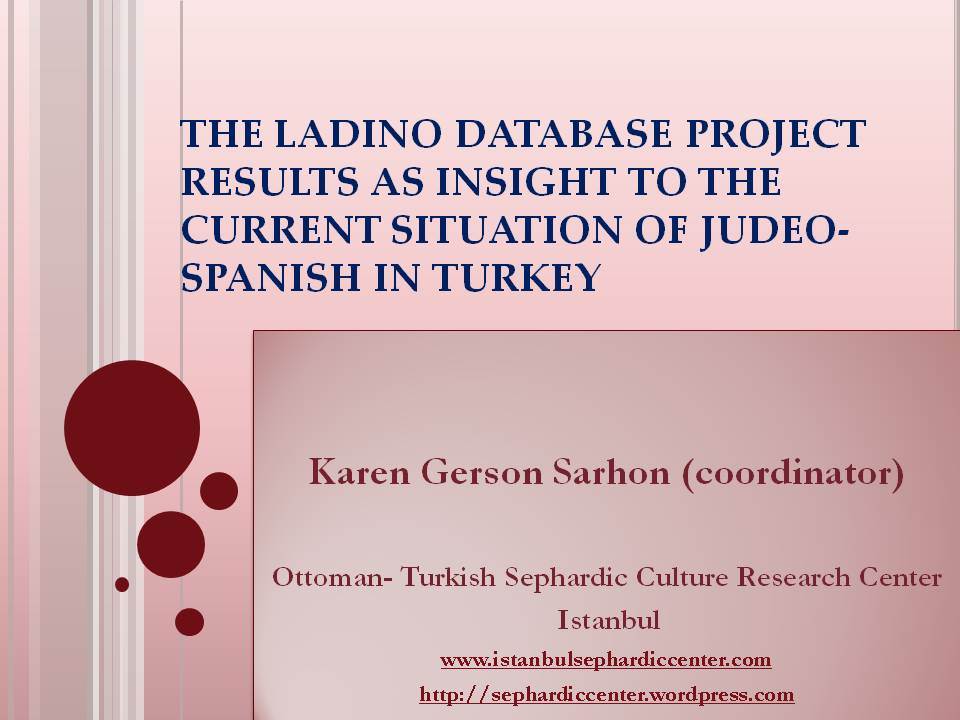
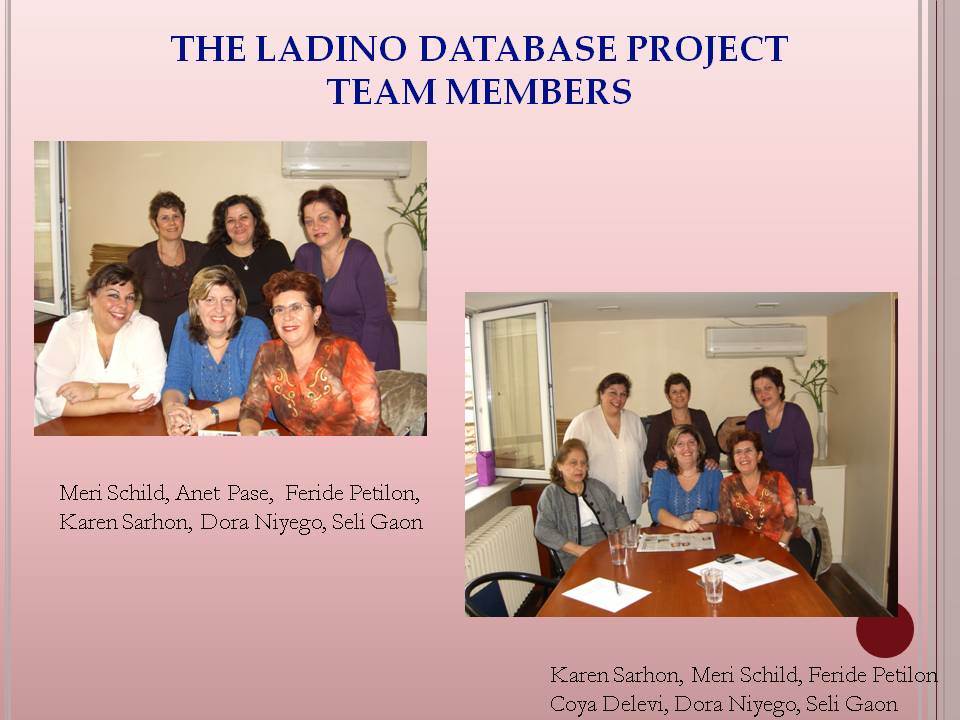
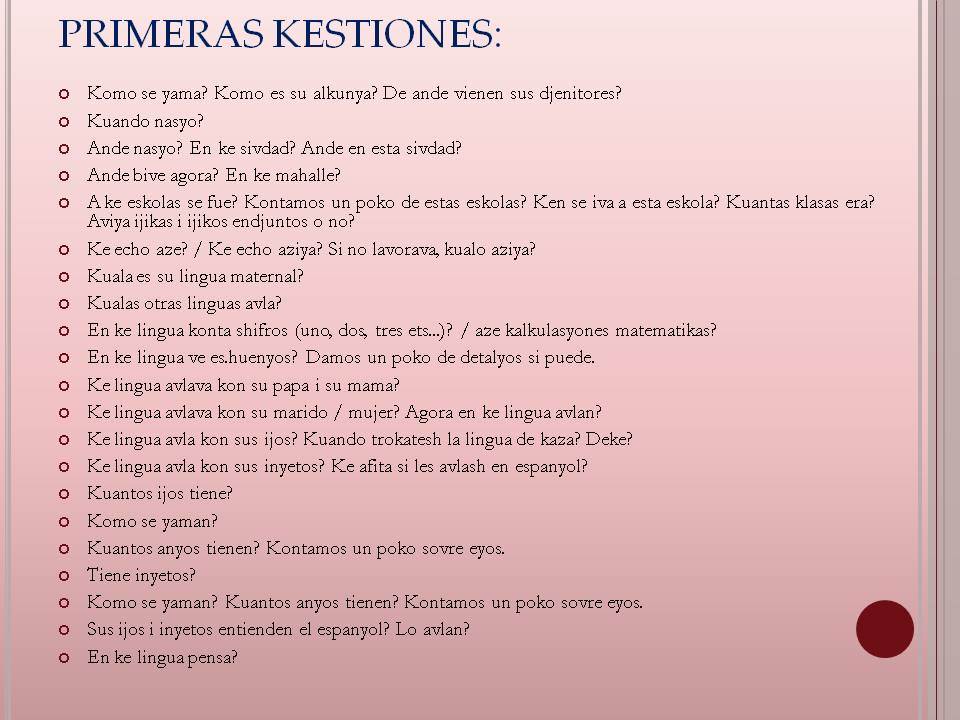
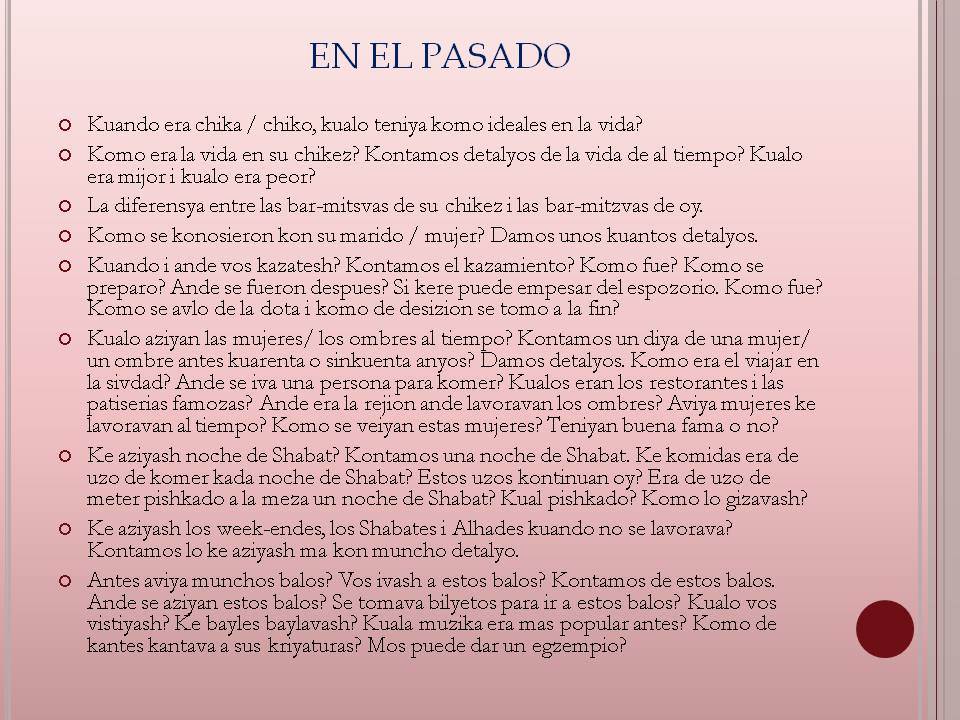
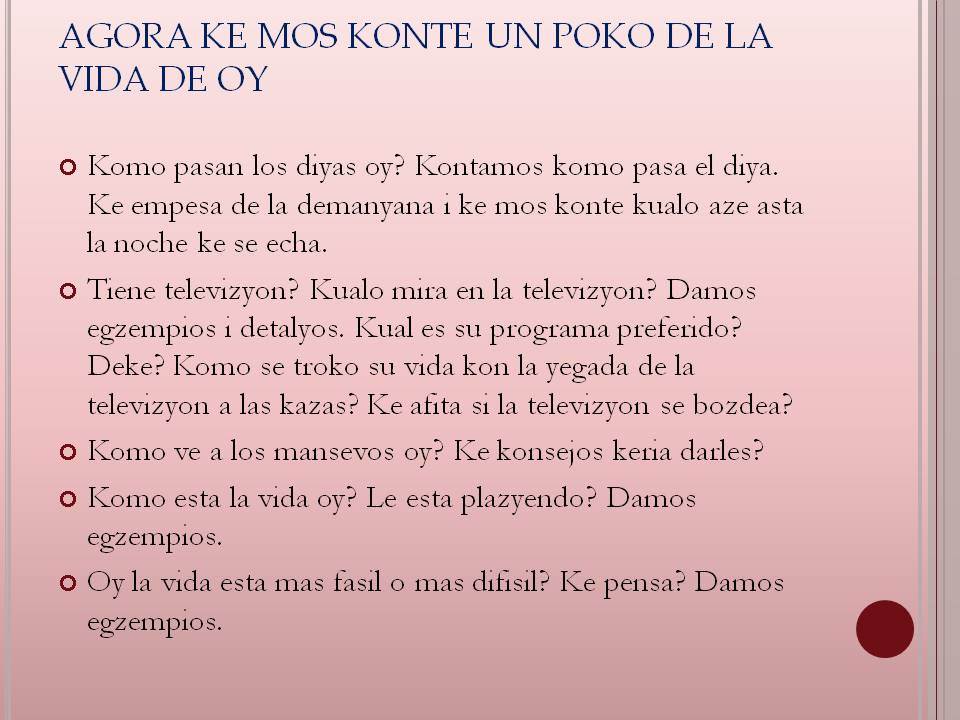
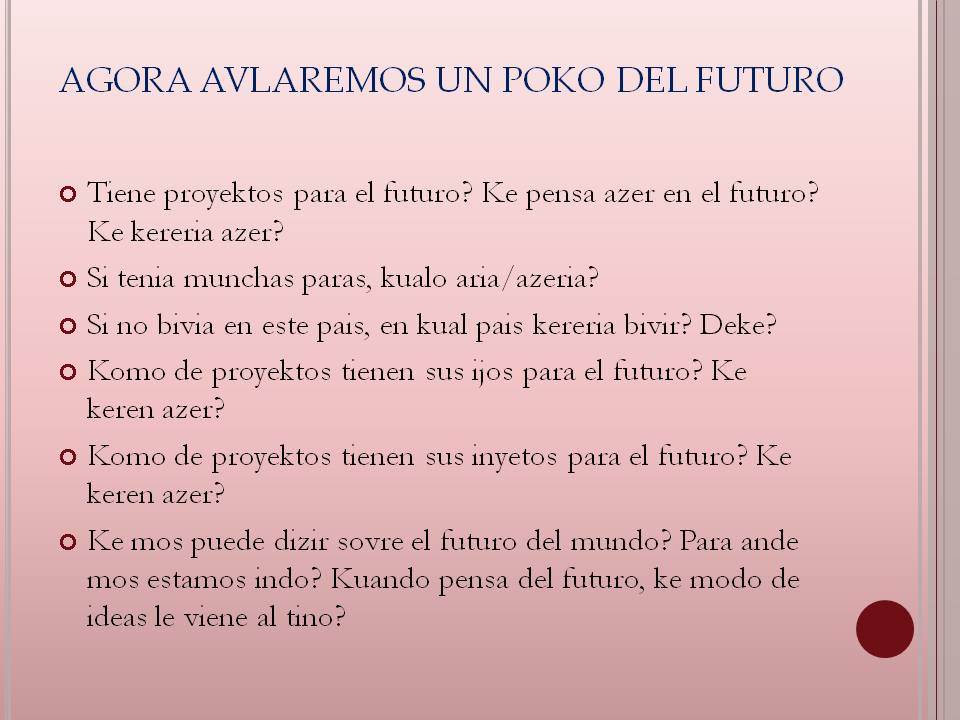
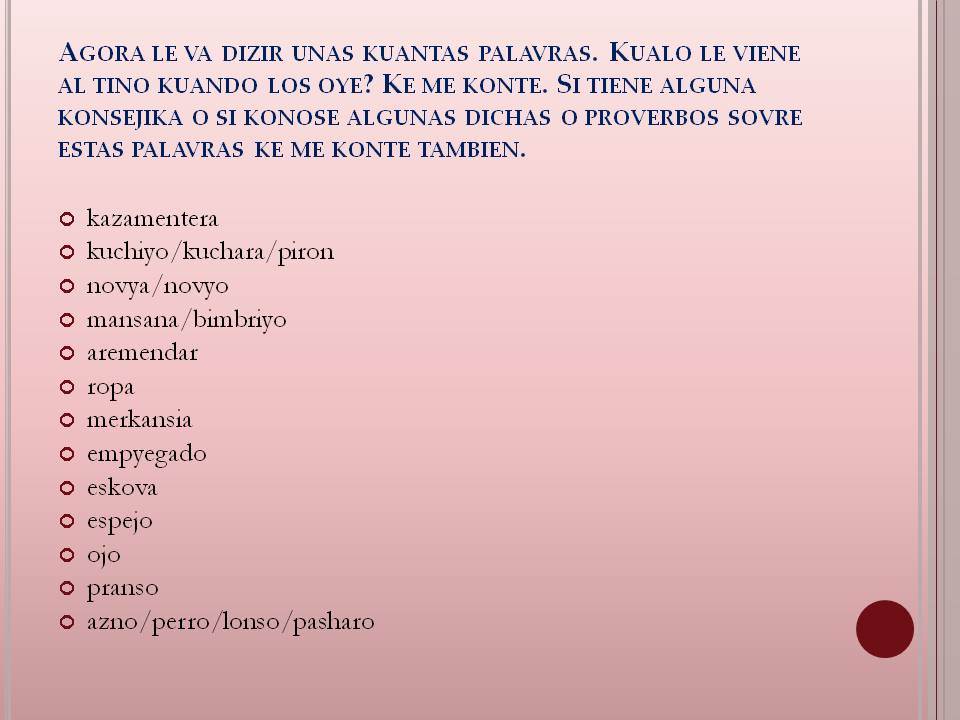

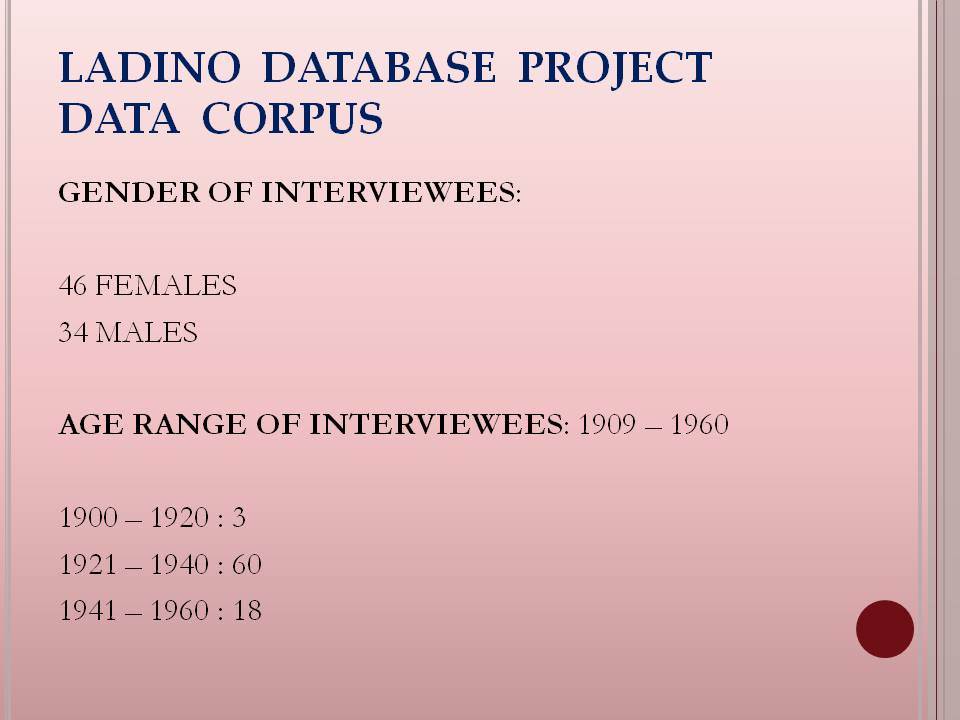
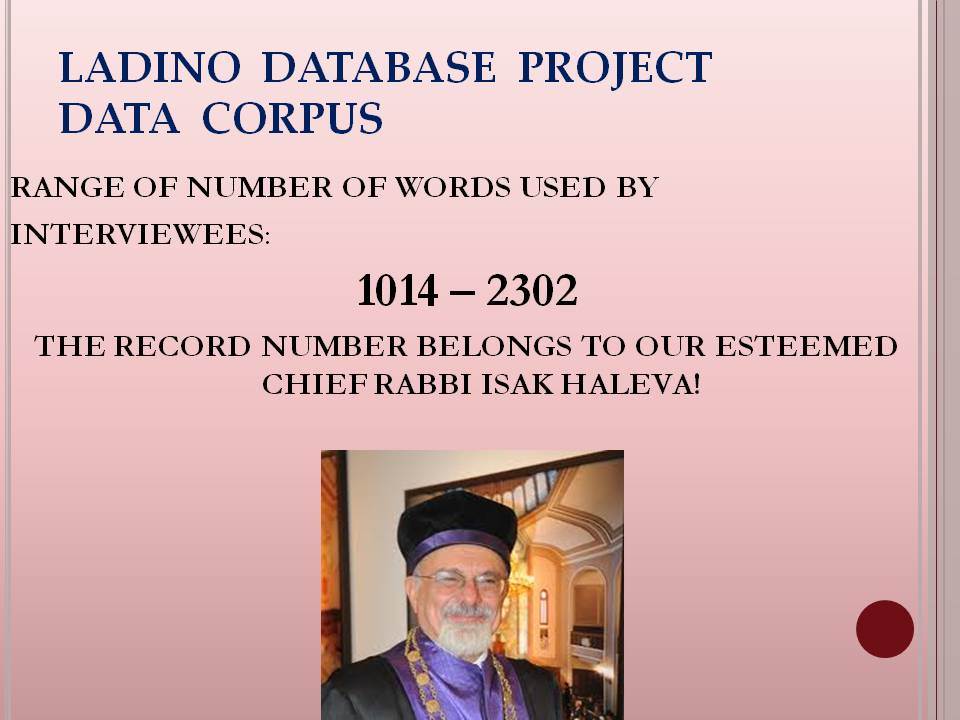
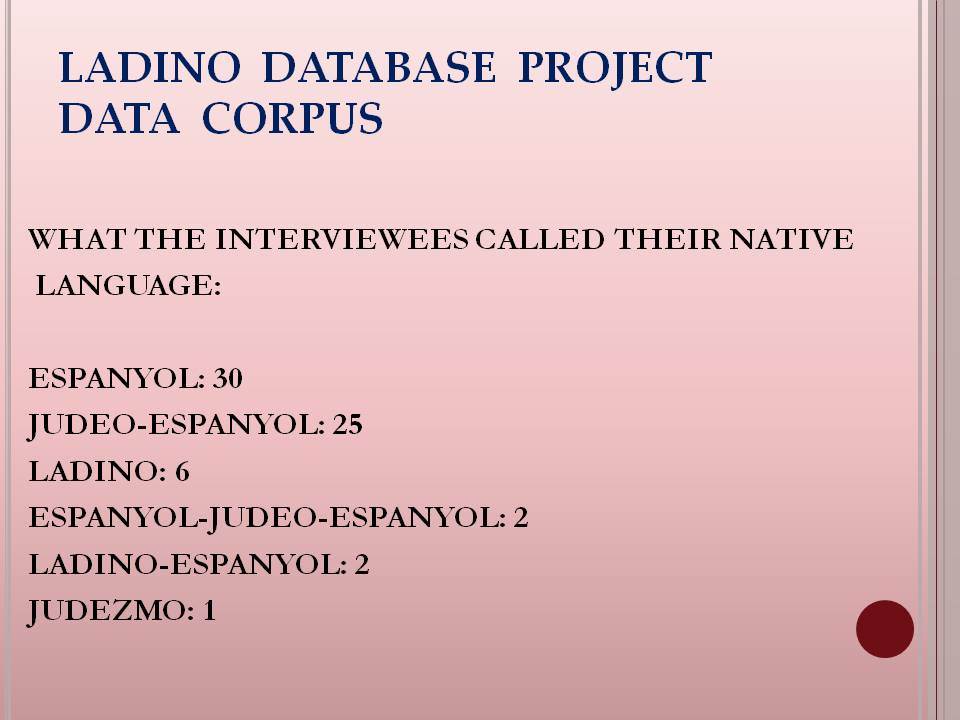
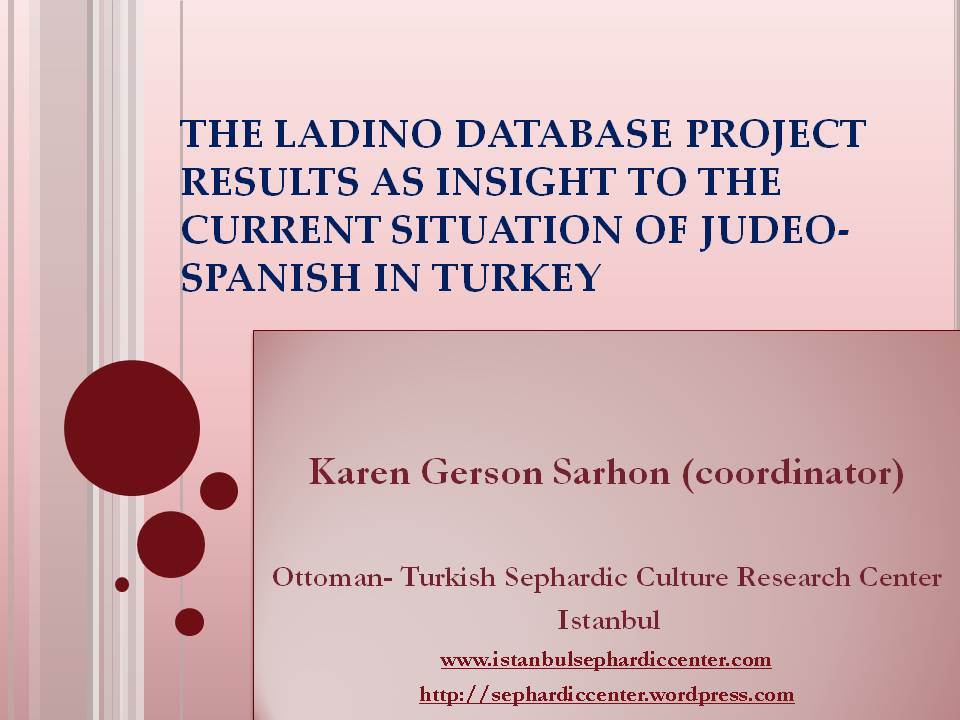
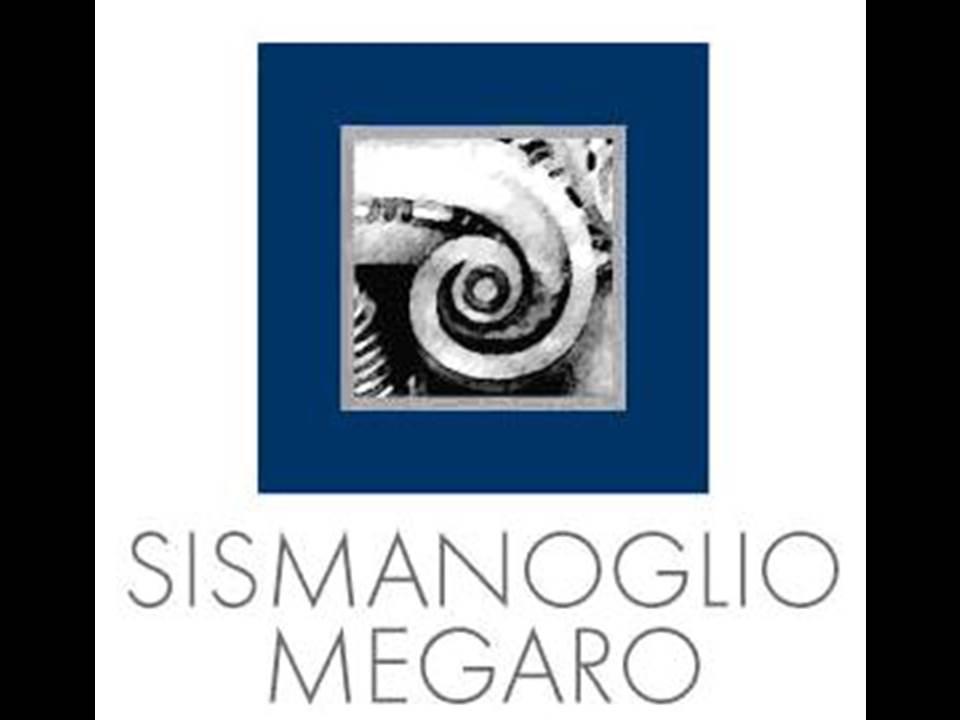
Mignon Laurent
Gerson Sarhon Karen
Balta Εvangelia
Γλώσσα
Türkçe
Ημερομηνία
12/05/2014
Διάρκεια
90:34
Εκδήλωση
Κύκλοι διαλέξεων στο Σισμανόγλειο Μέγαρο
Χώρος
Σισμανόγλειο Μέγαρο, Κωνσταντινούπολη
Διοργάνωση
Γενικό Προξενείο της Ελλάδας στην Κωνσταντινούπολη
The final cycle of lectures in Sisamanogleio Megaro (2013-2014) was dedicated to the languages and alphabets of the Jews, whose presence in the lands of the Ottoman Empire dates back to Roman times, hence the name Romaniot Jews that was given to the descendants of those Jews, who spoke Greek.
During the reign of Sultan Bayezid II, the Sephardim Jews, persecuted by Isabella and Philip II, arrived in the Ottoman Empire in 1492 from the Iberian Peninsula, and settled there, followed by Jews from other parts of Europe. The Sephardim Jews speak Judeo-Spanish, or Ladino, as the vernacular language of most Jews in the Western Ottoman Empire would come to be known. 18th-century Jewish texts started to be published in this language, as even those who knew the Jewish alphabet found them hard to understand. Initially the aim of publications in the Ladino language was to “Judaize” the Jews, to keep them in touch with the Jewish religion, concurrently in the 19th century Ladino secular publications became available (novels, poetry, sciences, communal and state laws, regulations, etc.) and a range of newspapers and periodicals, aimed at modernizing the Jewish community. Istanbul, Thessaloniki and Smyrna emerged as the major publishing centres, and outside the Empire, Venice and Amsterdam. Ladino publications were printed in Hebrew characters, and much later in Latin ones. Ladino would begin to decline from the late 19th century, as the Alliance Israélite Universelle established a powerful network of French schools in the Ottoman Empire. After the Holocaust it lost a large number of speakers from Balkan countries, like Greece. It was later displaced by the Hebrew language, when in 1950 a large number of Jews who spoke Ladino settled in the newly-established state of Israel. Today conferences are held on this lingo, special studies are published, and it is taught in various universities around the world.
Ms Karen Gerson Sharon, head of the Ottoman Turkish Sephardic Culture Research Centre, presented to us a study being currently conducted and the efforts being made at her Centre to preserve Ladino in Istanbul.
The other speaker, Dr. Laurent Mignon, showed us another side of Jewish cultural history. He spoke about Judeo-Turkish literature, about publications in the Turkish language written in Hebrew characters. Among the multi-lingual Jewry in the Ottoman Empire, with the Askenazim speaking a German dialect, the Romaniot Jews Greek and at the same time most educated Jews French, the Turkish language was mastered by relatively few local Jews. The lack of sufficient knowledge of Turkish among Jews was the subject of criticism in various circles, Jewish and non-Jewish alike. The ignorance of Turkish handicapped the Jewish-Muslim integration desired by many Jewish and Turkish intellectuals, who considered the ignorance of this official language as one of the principal impediments to the progress of Ottoman Jews, notes Ilan Karmi in his thesis before his untimely death. Abraham Galante, the well-known Jewish intellectual, educator, journalist and politician strongly advocated full Jewish-Turkish integration. The teaching of the Turkish language was introduced into many Jewish schools and books, periodicals and newspapers began to be published in Turkish written in Hebrew characters. Laurent Mignon, who is involved systematically in this field, spoke about this special literature that is part of the cultural history of the Ottoman Empire.
Dr Laurent Mignon is University Lectrer in Tuurkish at the University of Oxford and a Fellow of Saint Antony’s College. His research interests include modern Turkish literature and intellectual history, minority literature, socialist literature, biblical themes in Turkish literature and modern Jewish intellectual history. He is currently working on the emergence of Judeo-Turkish literature in the nineteenth century and on an alternative history of modern Turkish literature. From 2002 to 2011 he taught nineteenth- and twentieth-century Turkish literature and comparative Arabic and Turkish literature at Bilkent University in Ankara.
Karen Gerson Sarhon belongs to the last generation of Ladino/Judeo-Spanish speakers in the world. An active member of the Turkish Sephardic community, she is the coordinator of the Sephardic Center in Istanbul, which she founded in December 2003 and has been running ever since. She specializes in Linguistics and Social Psychology, speaks five languages very well and understands a couple more, taught English and wrote English Proficiency Tests for Bogazici University for 20 years, and has been awarded the medal of Chevalier des Arts et des Lettres by the Ministry of Culture of France for her work in preserving the language and culture of Sephardic Jews. Karen is also the founder and singer of the group “Los Pasharos Sefaradis”, a group renowned for its authentic rendering of Sephardic songs. Very much interested in Sephardic cuisine, Karen has also actively taken part in TV programs and documentaries and has lectured on the cuisine.
Εvangelia Balta was born in Kavala in 1955. She studied in the History Department of the Aristotle University of Thessaloniki (1973-1977) and, thanks to a scholarship from the Alexandros S. Onassis Public Benefit Foundation, went on to study at the Sorbonne (Paris I-Sorbonne) and the Ecole Pratique des Hautes Etudes IV Section in Paris (1980-1983). She received her doctorate in Ottoman History in 1983. She worked in the Historical Archive of Macedonia (Thessaloniki, 1979), at the Centre for Asia Minor Studies (1978, 1984-1987) and taught at the Ionian University during the first two years after its foundation (Corfu, 1985-1987). Since 1987 she has worked at the National Hellenic Foundation for Scientific Research.
Her interests revolve around subjects related to economic and social history during the Ottoman period, as well on the history of Hellenism in Asia Minor. In addition to her commitment to various programs at the National Hellenic Research Foundation, she has also served as a scholarly advisor for the Museum of the Olive and Greek Olive Oil in Sparta, the Museum of Industrial Olive-Oil Production in Lesvos, and the Museums of Wine at the Ktima Hatzimichalis and the Ktima Gerovassiliou (Epanomi). She was academic supervisor for the restoration of the Kayakapi neighborhood (Project Kayakapı) in Ürgüp, Turkey (2003-2008). She has been invited to teach seminars for groups of graduate students by universities in Greece and abroad. Since 2011 she has taught at the Intensive Ottoman and Turkish Summer School held by Harvard University's Department of Near Eastern Languages and Civilizations (Cunda Adası-Ayvalik). She is a founding member of the planning committee of ΟΙΝΟΝ ΙΣΤΟΡΩ (History of Wine), a scholarly group which has organized seven conferences on subjects related to wine and wine production (2000-2008). Since 2008 she has organized Ιnternational Conferences on Karamanlidika Studies. She is a member of editorial committees in historical journals in both Greece and Turkey.

